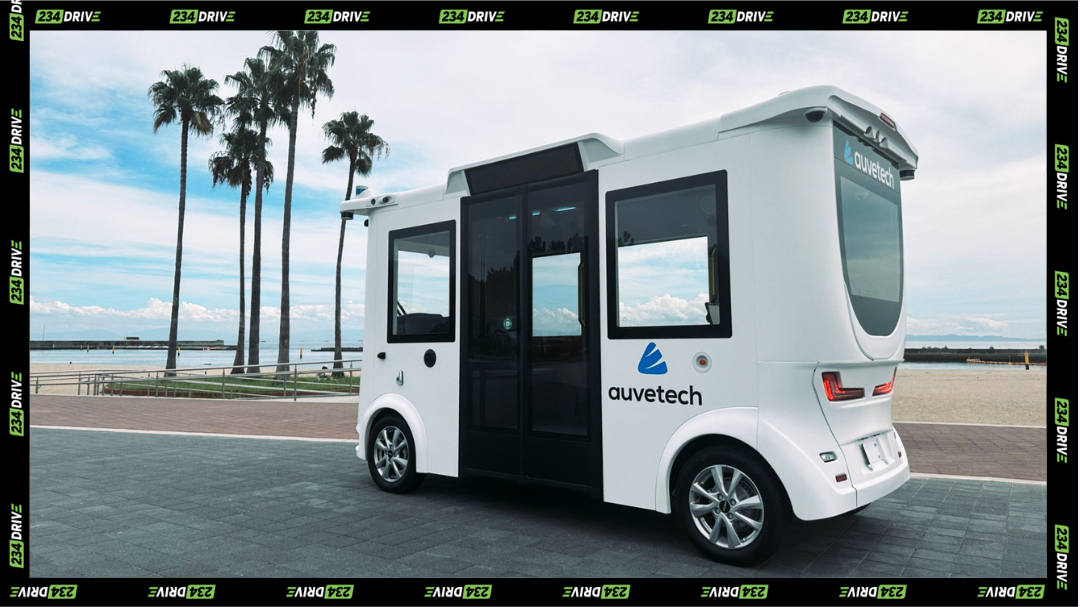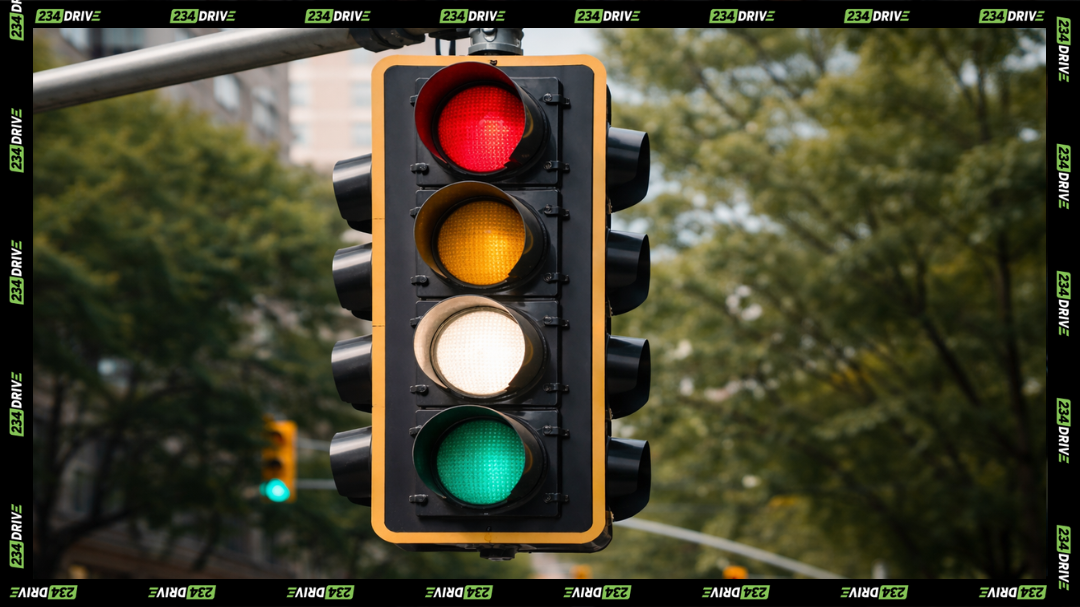South Africa’s automotive industry roared back to life in September 2025, recording 54,700 new vehicle sales— the highest monthly total in a decade and a 24.3% increase from the 44,000 units sold in September 2024. The milestone underscored renewed consumer confidence, stronger purchasing power, and a recovering economy after years of constrained demand.
The performance marked the third consecutive month that sales surpassed 50,000 units, signalling sustained momentum. Passenger cars dominated with 38,603 units sold, a 28% year-on-year rise, making it the strongest month for this segment since October 2014. Light commercial vehicles followed with 13,078 units, up 19.7% from the previous year. Medium commercial sales dipped slightly to 767 units, while heavy trucks and buses rose 5.9% to 2,252 units. Dealer sales accounted for 80.1% of the total, with rentals contributing 15.2%, highlighting the critical role of retail and fleet purchases in sustaining growth.

Several economic factors drove this resurgence. Inflation eased to 3.3% in August 2025, supported by stable fuel prices and a stronger rand. The South African Reserve Bank’s 125-basis-point rate cuts earlier in the year improved financing conditions, while a modest GDP increase of 0.8% in Q2 2025 lifted consumer sentiment. These developments, combined with increased competition from imported models, made new cars more accessible to buyers across income levels.
Leading the market, Toyota achieved a commanding 25.9% share with 14,146 units sold — its best performance since March 2022. Suzuki followed with 6,072 units, and Volkswagen came in third with 5,763. Ford, Hyundai, GWM, Isuzu, Chery, Kia, and Mahindra rounded out the top ten. Notably, Chinese brands like GWM and Chery recorded their highest-ever monthly figures, reflecting a growing appetite for affordable and tech-equipped vehicles.

Beyond the top sellers, emerging brands such as Omoda, Jaecoo, and Stellantis also gained traction, benefiting from new model launches and attractive finance deals. Export performance strengthened too, with 38,772 vehicles shipped abroad in September—a 32.9% increase from the same period in 2024—underscoring South Africa’s resilience as an automotive production hub.
The sector’s rebound mirrors improved macroeconomic conditions and strategic industry support, including government-backed manufacturing incentives and trade partnerships that favour vehicle exports. Despite this progress, affordability challenges and global trade uncertainties remain. Households still grapple with elevated debt levels, and rising shipping costs could pressure margins in the final quarter of 2025.
Nonetheless, industry analysts remain optimistic. With further rate cuts expected and consumer demand holding steady, Q4 could sustain the upward trend. The September 2025 sales record stands as evidence of a sector regaining its strength— ne that continues to anchor South Africa’s broader economic recovery.









